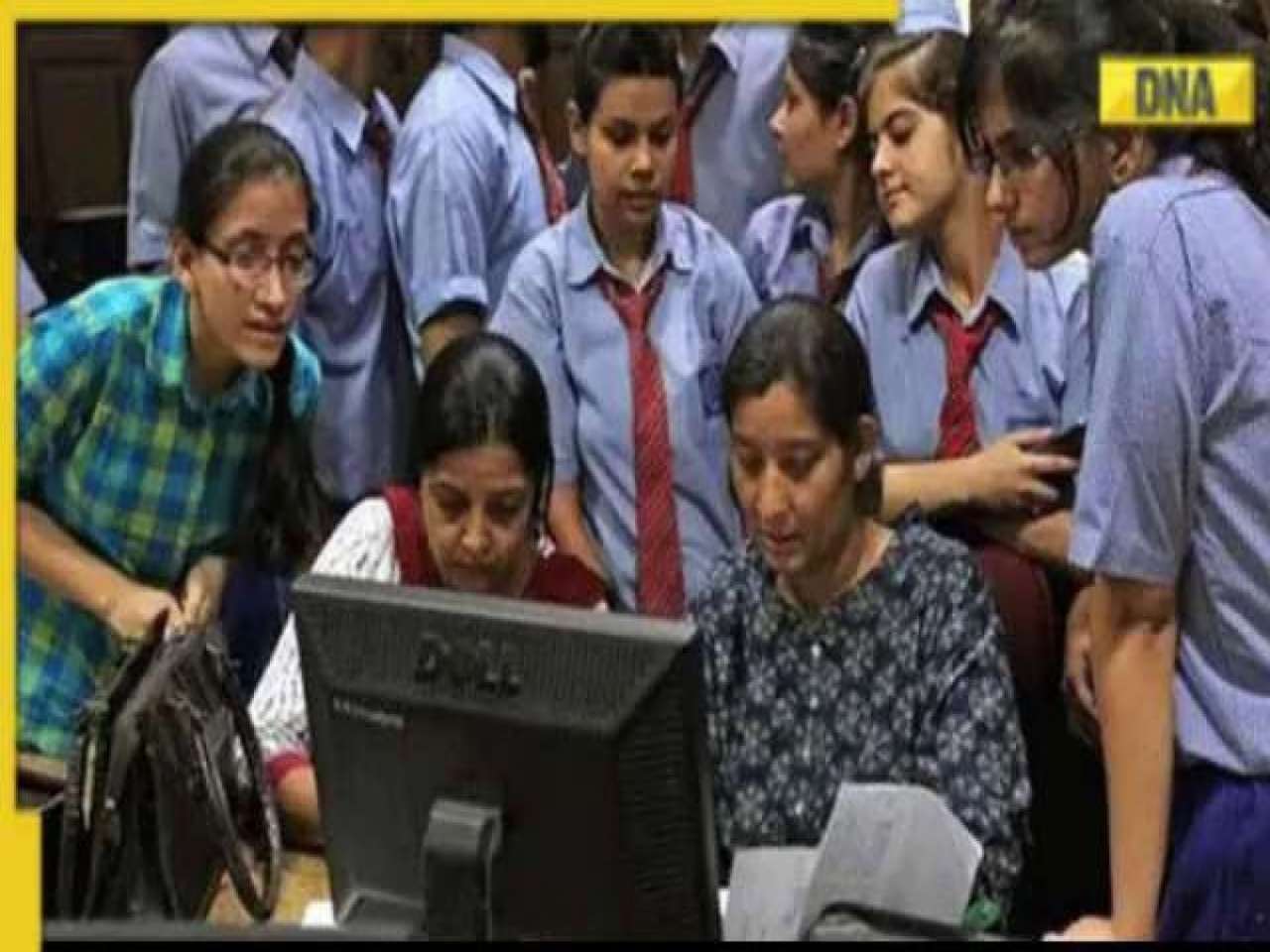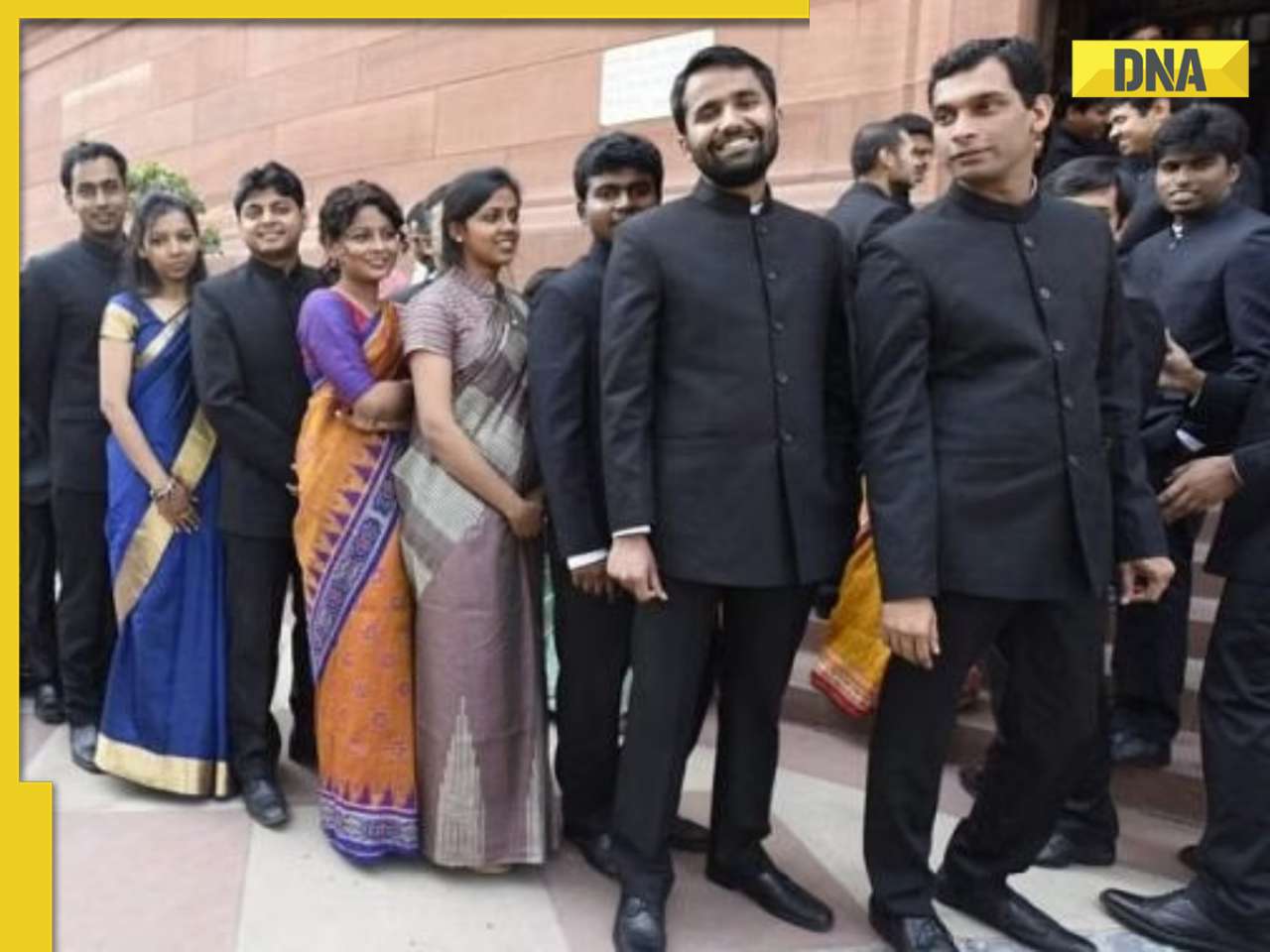Now, they have Right to Information (RTI), an act that has proven powerful and has made many a babu to succumb to law and act accordingly.
Ration is one way the Indian government feeds 38% of its population under the poverty line. When denied their deserved food portions, the poor of this nation had no way to react. Now, they have Right to Information (RTI), an act that has proven powerful and has made many a babu to succumb to law and act accordingly.
Many such cases, where the RTI Act was used successfully to bring justice to people came to highlight at a discussion forum, as 50-odd people huddled up in small groups and shared their experiences of using this reformative and useful act that was passed by the Indian Parliament in 2005.
Meeting for the first time, at a forum conducted by NGO Satark Nagrik Sangh at Dadar; people from various strata of the society, including slums, colleges and people from different professions gathered to share their experience and ideas on how to fight the system through the RTI Act. The NGO works towards educating people mainly in slums and students on RTI. “We believe there is a common thread that bonds them together—resistance by people to give them what is theirs—information,” said Vinita Singh, founder member of the NGO.
As people identified themselves and shared their stories, the best experiences were shared with everyone present. The stories included that of slum dwellers with bare minimum education filing RTIs to secure their ration, RTIs filed to thwart usurping of their area by builders; where students forced a college to provide better facilities and also professionals managing to get ration cards and licenses without paying bribes.
“I never paid attention to the fee receipt given by colleges until I realised they charged us Rs350 for magazines and books, which were never provided.” After some probing, an RTI application was filed with no result initially. “Since I was out of college, I filed applications through a junior and slowly, besides getting all the facilities, they even returned Rs350 for one year to the students,” said Rahul Chaubey, resident of Ulhasnagar, who attended the forum.
Interestingly, people from slums outnumbered people from better backgrounds in filing RTI. Many of them filed the RTI queries with the help of NGOs. “I am greatly inspired by listening to these people,” said Dhiraj Darji, an engineering student who plans to file RTI on the usage of funds by his corporator.
![submenu-img]() Gautam Adani’s project likely to get Rs 170000000000 push from SBI, making India’s largest…
Gautam Adani’s project likely to get Rs 170000000000 push from SBI, making India’s largest…![submenu-img]() Tamil Nadu TNDGE +2 Result 2024 declared: 94.56% pass TN HSC 12th, direct link here
Tamil Nadu TNDGE +2 Result 2024 declared: 94.56% pass TN HSC 12th, direct link here![submenu-img]() 9 government jobs that pay more than IAS, IPS officer's salary
9 government jobs that pay more than IAS, IPS officer's salary![submenu-img]() Congress alleges 'deadly attack' on party office in Amethi, blames BJP
Congress alleges 'deadly attack' on party office in Amethi, blames BJP![submenu-img]() Karan Johar slams comic for mocking him, bashes reality show for 'disrespecting' him: 'When your own industry...'
Karan Johar slams comic for mocking him, bashes reality show for 'disrespecting' him: 'When your own industry...'![submenu-img]() DNA Verified: Is CAA an anti-Muslim law? Centre terms news report as 'misleading'
DNA Verified: Is CAA an anti-Muslim law? Centre terms news report as 'misleading'![submenu-img]() DNA Verified: Lok Sabha Elections 2024 to be held on April 19? Know truth behind viral message
DNA Verified: Lok Sabha Elections 2024 to be held on April 19? Know truth behind viral message![submenu-img]() DNA Verified: Modi govt giving students free laptops under 'One Student One Laptop' scheme? Know truth here
DNA Verified: Modi govt giving students free laptops under 'One Student One Laptop' scheme? Know truth here![submenu-img]() DNA Verified: Shah Rukh Khan denies reports of his role in release of India's naval officers from Qatar
DNA Verified: Shah Rukh Khan denies reports of his role in release of India's naval officers from Qatar![submenu-img]() DNA Verified: Is govt providing Rs 1.6 lakh benefit to girls under PM Ladli Laxmi Yojana? Know truth
DNA Verified: Is govt providing Rs 1.6 lakh benefit to girls under PM Ladli Laxmi Yojana? Know truth![submenu-img]() Jr NTR-Lakshmi Pranathi's 13th wedding anniversary: Here's how strangers became soulmates
Jr NTR-Lakshmi Pranathi's 13th wedding anniversary: Here's how strangers became soulmates![submenu-img]() Streaming This Week: Heeramandi, Shaitaan, Manjummel Boys, latest OTT releases to binge-watch
Streaming This Week: Heeramandi, Shaitaan, Manjummel Boys, latest OTT releases to binge-watch![submenu-img]() Remember Ayesha Kapur? Michelle from Black, here's how actress, nutrition coach, entrepreneur looks after 19 years
Remember Ayesha Kapur? Michelle from Black, here's how actress, nutrition coach, entrepreneur looks after 19 years![submenu-img]() Remember Heyy Babyy's cute 'Angel' Juanna Sanghvi? 20 year-old looks unrecognisable now, fans say 'her comeback will...'
Remember Heyy Babyy's cute 'Angel' Juanna Sanghvi? 20 year-old looks unrecognisable now, fans say 'her comeback will...'![submenu-img]() In pics: Arti Singh stuns in red lehenga as she ties the knot with beau Dipak Chauhan in dreamy wedding
In pics: Arti Singh stuns in red lehenga as she ties the knot with beau Dipak Chauhan in dreamy wedding![submenu-img]() DNA Explainer: Why Harvey Weinstein's rape conviction was overturned, will beleaguered Hollywood mogul get out of jail?
DNA Explainer: Why Harvey Weinstein's rape conviction was overturned, will beleaguered Hollywood mogul get out of jail?![submenu-img]() What is inheritance tax?
What is inheritance tax?![submenu-img]() DNA Explainer: What is cloud seeding which is blamed for wreaking havoc in Dubai?
DNA Explainer: What is cloud seeding which is blamed for wreaking havoc in Dubai?![submenu-img]() DNA Explainer: What is Israel's Arrow-3 defence system used to intercept Iran's missile attack?
DNA Explainer: What is Israel's Arrow-3 defence system used to intercept Iran's missile attack?![submenu-img]() DNA Explainer: How Iranian projectiles failed to breach iron-clad Israeli air defence
DNA Explainer: How Iranian projectiles failed to breach iron-clad Israeli air defence![submenu-img]() Karan Johar slams comic for mocking him, bashes reality show for 'disrespecting' him: 'When your own industry...'
Karan Johar slams comic for mocking him, bashes reality show for 'disrespecting' him: 'When your own industry...'![submenu-img]() Kapoor family's forgotten hero, highest paid actor, gave more hits than Raj Kapoor, Ranbir, never called star because...
Kapoor family's forgotten hero, highest paid actor, gave more hits than Raj Kapoor, Ranbir, never called star because...![submenu-img]() Meet actress who lost stardom after getting pregnant at 15, husband cheated on her, she sold candles for living, now...
Meet actress who lost stardom after getting pregnant at 15, husband cheated on her, she sold candles for living, now...![submenu-img]() This singer ran away from home at 14, lived with monks, attempted suicide, slept on roads, now earns Rs 10 lakh per song
This singer ran away from home at 14, lived with monks, attempted suicide, slept on roads, now earns Rs 10 lakh per song![submenu-img]() India's most expensive TV show today, just sets cost Rs 100 crore, has Adipurush connect, IPL killed it in just 4 months
India's most expensive TV show today, just sets cost Rs 100 crore, has Adipurush connect, IPL killed it in just 4 months![submenu-img]() IPL 2024: Kolkata Knight Riders take top spot after 98 runs win over Lucknow Super Giants
IPL 2024: Kolkata Knight Riders take top spot after 98 runs win over Lucknow Super Giants![submenu-img]() ICC Women’s T20 World Cup 2024 schedule announced; India to face Pakistan on....
ICC Women’s T20 World Cup 2024 schedule announced; India to face Pakistan on....![submenu-img]() IPL 2024: Bowlers dominate as CSK beat PBKS by 28 runs
IPL 2024: Bowlers dominate as CSK beat PBKS by 28 runs![submenu-img]() IPL 2024: Big blow to CSK as star pacer returns home due to...
IPL 2024: Big blow to CSK as star pacer returns home due to...![submenu-img]() SRH vs MI IPL 2024: Predicted playing XI, live streaming details, weather and pitch report
SRH vs MI IPL 2024: Predicted playing XI, live streaming details, weather and pitch report![submenu-img]() Job applicant offers to pay Rs 40000 to Bengaluru startup founder, here's what happened next
Job applicant offers to pay Rs 40000 to Bengaluru startup founder, here's what happened next![submenu-img]() Viral video: Family fearlessly conducts puja with live black cobra, internet reacts
Viral video: Family fearlessly conducts puja with live black cobra, internet reacts![submenu-img]() Woman demands Rs 50 lakh after receiving chicken instead of paneer
Woman demands Rs 50 lakh after receiving chicken instead of paneer![submenu-img]() Who is Manahel al-Otaibi, Saudi women's rights activist jailed for 11 years over clothing choices?
Who is Manahel al-Otaibi, Saudi women's rights activist jailed for 11 years over clothing choices?![submenu-img]() In candid rapid fire, Rahul Gandhi reveals why white T-shirts are his signature attire, watch
In candid rapid fire, Rahul Gandhi reveals why white T-shirts are his signature attire, watch


















































)
)
)
)
)
)